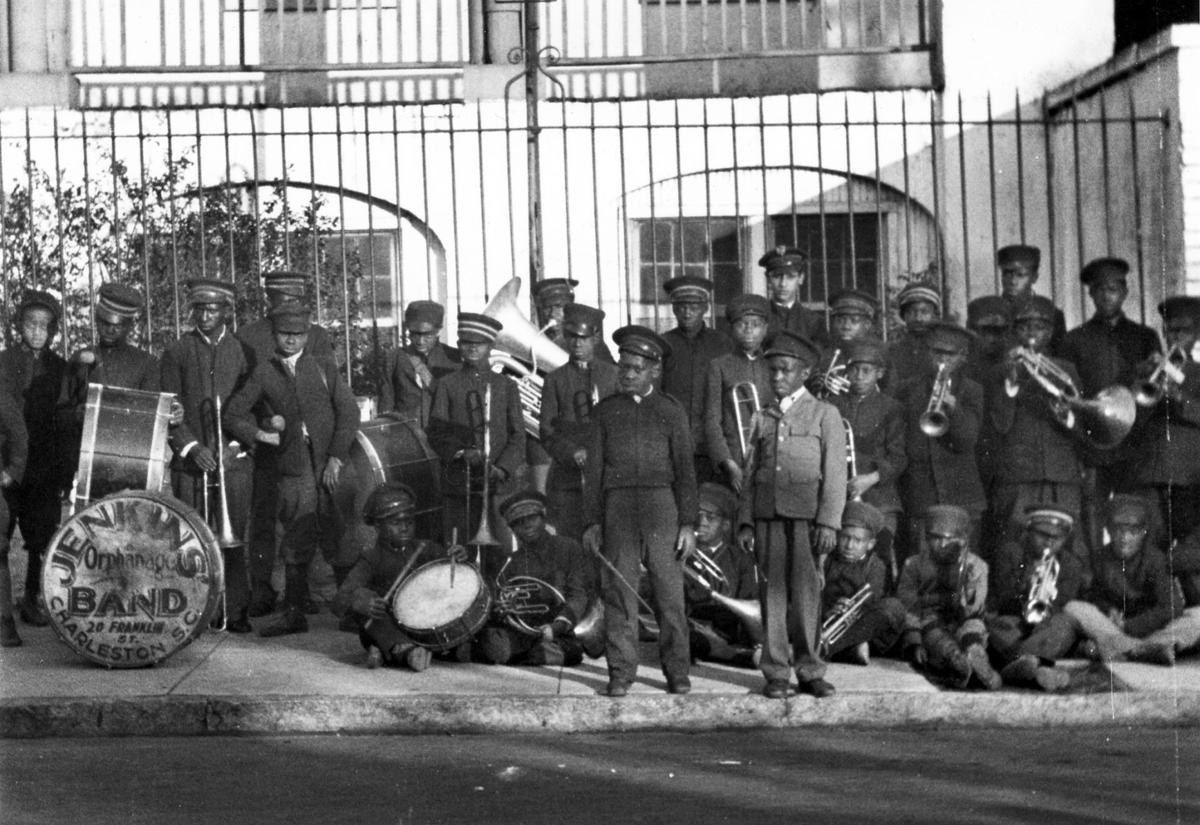The Jenkins Institute for Children, founded by the Rev. Daniel Joseph Jenkins in 1891 in downtown Charleston, sheltered African-American children who soon learned to play music very well indeed.
American jazz, in part, can be traced to the Jenkins Orphanage Band of the early 20th century. The young players were so good, they performed local gigs and soon toured, raising money that helped fund the children’s home.
Jenkins’ reputation as a teacher and mentor traveled far, and during the early part of the jazz era, musicians who were not orphans came to the orphanage to learn their craft. Some, including Charleston residents Freddie Green and William “Cat” Anderson, went on to become important leaders in famous bands such as the Count Basie Band and Duke Ellington Orchestra.
It’s this heritage that current administrators will celebrate when they hold two benefit concerts, one at 7 p.m. Thursday, June 7, at the Charleston Library Society, 164 King St., and one at 5 p.m. Sunday, June 10, at the International Longshoremen’s Association, 1142 Morrison Dr.
The concerts will include an unusual guest musician, someone whose interest in the Jenkins Orphanage is familial.
Tuffus Zimbabwe, great-grandson of the Rev. Daniel Jenkins and keyboard player in the Saturday Night Live Band, will join Charleston drummer Quentin Baxter and Charleston Mayor John Tecklenburg for a set of tunes that pay tribute to the origins of American jazz and the power of music in the lives of young people.
Zimbabwe will perform music by Charleston composer Edmund Thornton Jenkins, the seventh son of Daniel Jenkins.
“Edmund has a lot of great music; it’s fun and challenging to learn it,” Zimbabwe said. “And for this show I want to show the transition of the music, from the roaring ’20s to my music, so people can get to know me as well.”
Zimbabwe, 35, learned about his great-grandfather’s musical legacy when he was a child, but he did not appreciate the magnitude of Jenkins’ contributions to jazz until he visited Charleston as a teenager.
“It didn’t set in until I came to Charleston and saw how people were very proud of Jenkins and what he has done,” Zimbabwe said. “My dad always told me about my great-grandfather, but it’s when you experience it in person (that) you realize it.”
To carry on the family tradition, Zimbabwe edits and arranges unpublished music by Edmund Thornton Jenkins.
Johanna Martin-Carrington, chairwoman of the Jenkins Institute advisory board, said she thinks Zimbabwe’s work will inspire children to become involved in music.
“Tuffus found a lot of Edmund Jenkins music that has never been played, and with his performance, it will bring the music back to the city where it all started,” Martin-Carrington said.
With funds raised from the benefit concerts, the Jenkins Institute hopes to build a cultural center where children can learn about the music that first took root at the old Jenkins Orphanage, according to Martin-Carrington. The institute also is working to provide an on-campus genealogy center for families to discover direct connections to the orphanage.
The music of the historic Jenkins Orphanage Band lives on in many Charlestonians, including local musicians such as Quentin Baxter, who credit their elders for teaching them that Lowcountry swing.
“This is potentially the first generation of musicians who did not have to move away from home to hone in on their craft,” Baxter said, citing the vitality of the local scene. “And thanks to pioneers like Lonnie Hamilton III and Oscar Rivers Jr., I learned so much, especially how to listen to the music and play the music.”







More Stories
CD review: George Benson – Dreams Do Come True: When George Benson Meets Robert Farnon – 2024: Video, CD cover
The band was tight as ever. The Warren Haynes Band cuts loose: Video, Photos
Interview with Alvin Queen: Feeling Good – I heard these tunes played by … Video, new CD cover, Photos